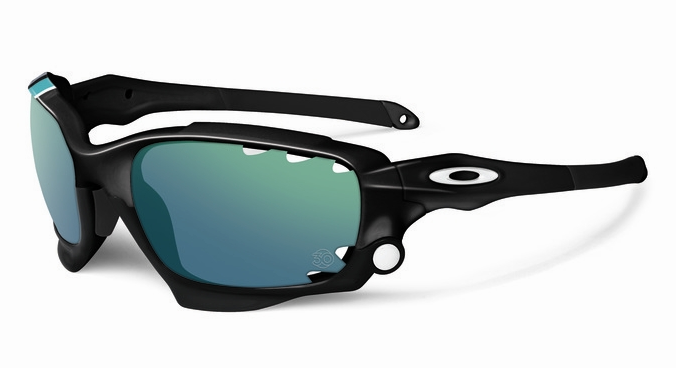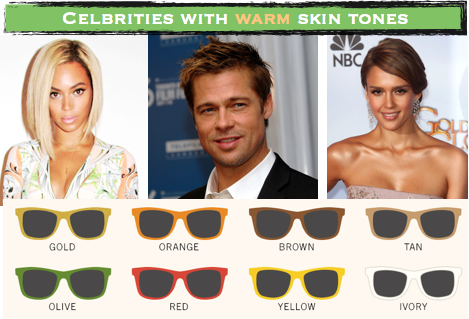 There are a number of features of sunglasses that need to be taken into consideration while purchasing. Unless you have an inexhaustible budget, you might need to analyze the costs and benefits of each feature in order to select a pair of sunglasses that delivers the most for the least cost.
There are a number of features of sunglasses that need to be taken into consideration while purchasing. Unless you have an inexhaustible budget, you might need to analyze the costs and benefits of each feature in order to select a pair of sunglasses that delivers the most for the least cost.
Polarization is one of those features of sunglasses that you might think are absolutely essential for eye safety. However, renowned opticians may want to differ. Here are the pros and cons of polarization that you need to keep in mind while selecting your pair of sunglasses.
Benefits of Polarization
Polarization is responsible for reducing glare. When sunlight falls on different objects, it may not be reflected off the surface in a uniform linear fashion. The “stray” light rays may prove to be extremely bothersome for your eyes, often restricting your capacity to see. By reducing the glare, polarized lenses block out the “stray” light rays. This improves visual clarity and contrast so you can experience the true colors of nature.
This aspect may prove to be exceptionally helpful while driving. Light rays that are reflected off pavements and other metal bodies can sting the eye. While driving, it is impossible to shield the eyes physically without compromising on road safety. Consequently, polarized sunglasses are a much better alternative to prevent eye strain.
Similar is the case with sports activities. While sporting, reflections can prove to be distracting if not outright lethal. Polarized eyewear is therefore preferred by most sports players.
Polarized sunglasses can improve your experiences of water activities and/or fishing. The glare from the surface of water poses immense difficulty in seeing under water. All you may be able to see is a blank silver patch that may seem opaque. By using polarized sunglasses, you can improve your vision and see beyond the reflection as glare is eliminated. Most water sports and activities indisputably involve the use of polarized glasses and/or goggles to enhance vision.
Disadvantages of Polarization
Contrary to popular belief, polarization may not necessarily equate with eye protection. Polarization is only responsible to reducing glare and not for blocking out harmful radiations. Therefore polarized sunglasses may not prove to be effective in UV protection unless specified otherwise.
Moreover, in certain situations, glare is important in order to distinguish between different objects. A common example for such a situation is while snowboarding. The “stray” light reflected from uneven snow surfaces actually makes it possible to see them. Polarized lenses will block out this glare, making it impossible to look through the snow. This increases the possibility of accidents.
The Bottom Line
The utility of polarized sunglasses can only be gauged once its use has been identified. If you need sunglasses for everyday wear, polarized sunglasses may actually be worth it. However, their utility may not be as pronounced when the weather becomes too extreme. It is therefore a good idea to take into consideration the environment in which you will be wearing the sunglasses!
Wait…get better informed on polarized sunglasses. Read these goodies before you totally make up your mind on buying polarized or non-polarized sunglasses:
– Polarized vs. Non Polarized Lenses
– Benefits of Polarized Sunglasses


